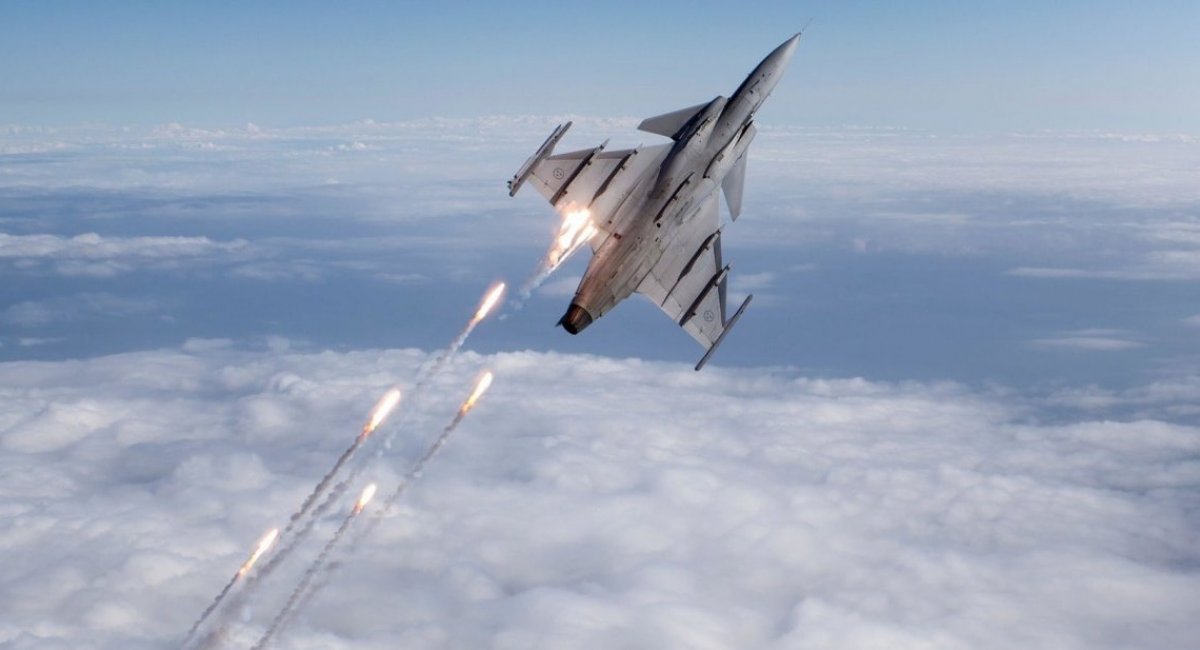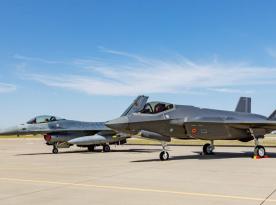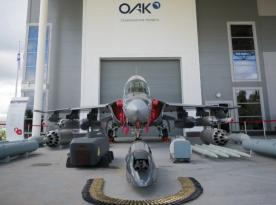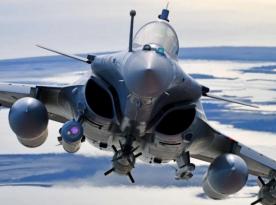Colombia's anticipated purchase of JAS 39 Gripen fighter jets in the modern E/F version is moving closer to a finalized deal, with signatures expected later this month. The deadline was confirmed by the country's defense minister, Pedro Sánchez.
The Colombian defense ministry has also disclosed details of the agreement regarding the number of aircraft and their price, according to local media Infobae. Defense Expressnotes that Colombia will be the first new customer for these Swedish fighters since 2014 and under highly specific conditions, making the deal particularly interesting.
Read more: NATO Pushes Greece on the Mirage 2000-5 Aircraft Sale for Ukraine
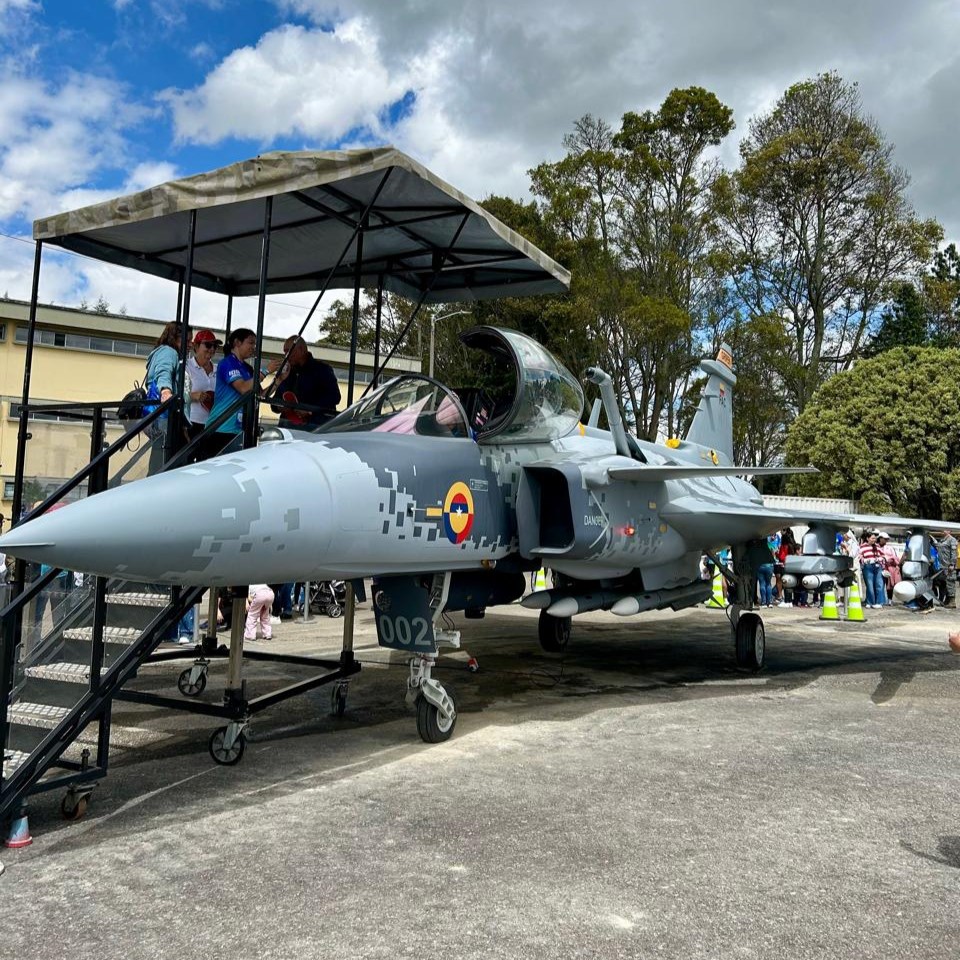
Colombia will contract 18 new Gripen E/F fighters for more than $1.9 billion. This puts the unit cost at around $105.5 million per aircraft. That raises questions, since Thailand's recent order for additional Gripens came at a price of about $150 million per jet.
The acquisition will be financed through a long-term loan from Sweden, with an initial term of eight years. In addition, offset agreements will see Sweden transfer certain technologies and invest in social projects, including the development of solar panels and improvements to drinking water access in the desert region of Guajira. Negotiations over these offsets delayed the contract signing by a month, as the order was initially planned for September.
The delivery timeline for the first aircraft is the only detail that will be disclosed after the contract is signed. It also remains to be seen whether the Gripens for Colombia will be assembled in Brazil by Embraer, which produces them under license for the Brazilian Air Force.
This possibility might partly explain the unusually low price Colombia is paying. Still, even Brazil in 2014 agreed to pay $5.4 billion for 36 Gripens roughly $150 million each, the same unit cost Thailand is paying in 2025. These figures exclude weapons, which are purchased separately.
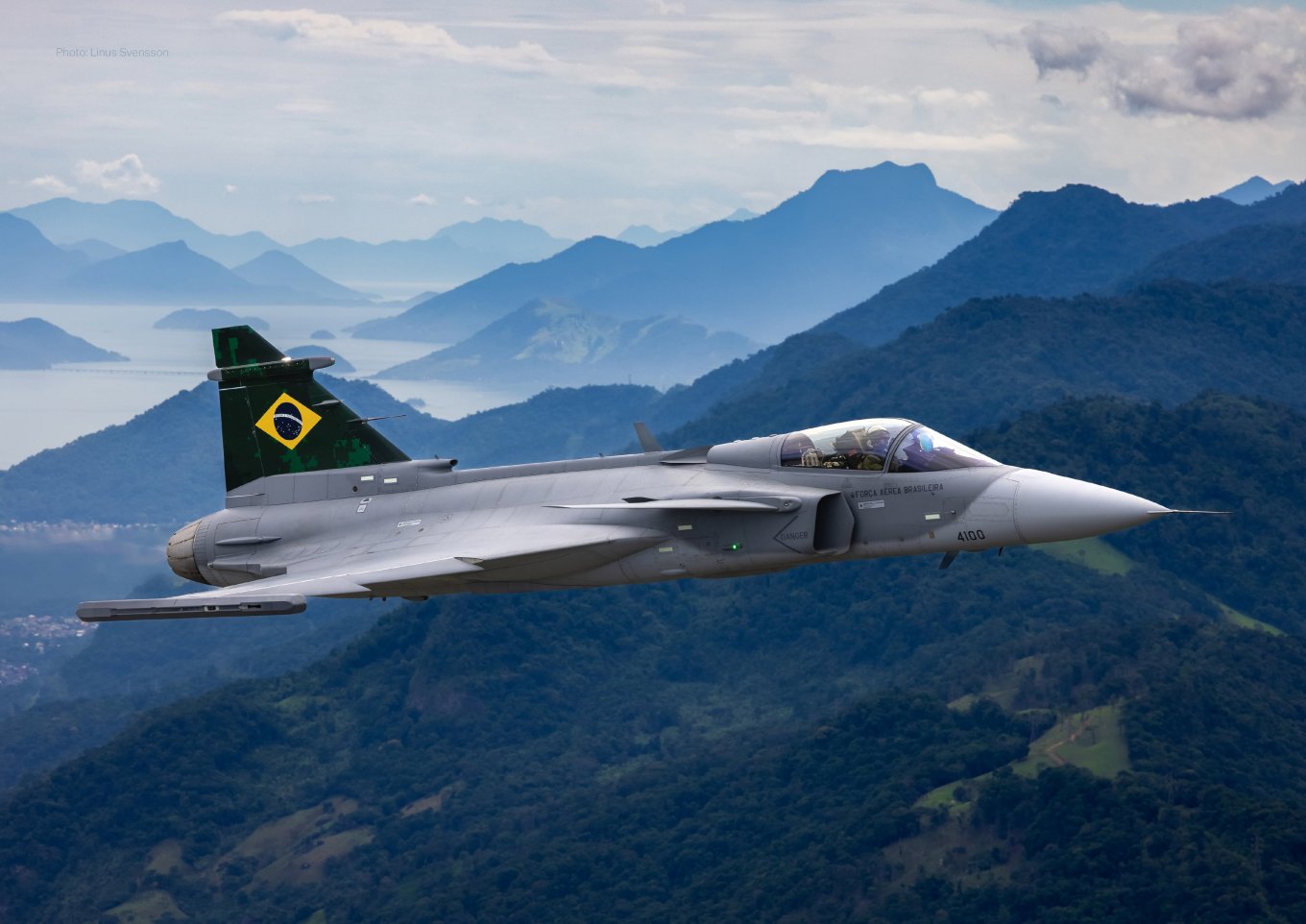
One possible explanation for the 30% discount (about $50 million per jet) could be that the contract excludes the engines the F414 from General Electric in the U.S. which may be procured separately. This factor becomes even more plausible given recent political tensions.
At the end of September, relations between the U.S. and Colombia soured significantly after President Gustavo Petro addressed pro-Palestinian demonstrators in New York, urging U.S. soldiers to defy orders and allegedly inciting violence. In response, the U.S. State Department revoked his visa.
It is therefore possible that Colombia and Sweden chose to leave the issue of U.S.-made engines unresolved, hoping that by the time deliveries begin, relations with Washington will have improved. After all, replacing the Gripens engine with another type is not a realistic option, even though alternative engine solutions were once considered.
Read more: Ukrainian Drones Hit russian Azot Chemical Plant 1,700 km From Border




